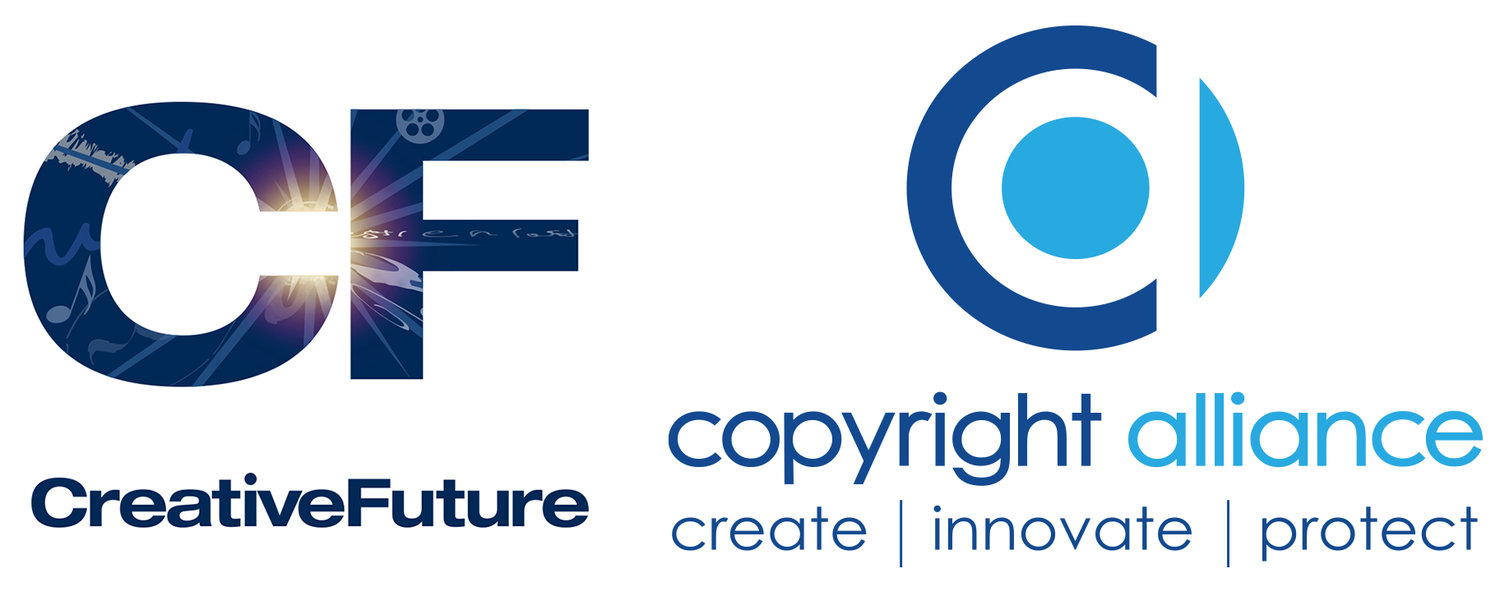We embrace the internet as a powerful democratizing force for our world and for creative industries. We recognize its ability to inspire positive change and improve lives. In the creative industries, the internet has helped to advance creativity by removing barriers to entry for newcomers, fostering a dialogue with fans, audiences, and consumers, and providing numerous additional ways to reach them. The internet holds great potential to expand creativity and free expression.
We embrace a strong copyright system that rewards creativity and promotes a healthy creative economy. The incredible cultural and economic value that the internet delivers to billions of users is based in very large part on the efforts of creative content makers and workers whose livelihoods depend on being compensated for their efforts. Internet platforms are making massive profits from creative contributions to the internet’s growth. It is not too much to ask that creative communities should be able to share in the value they provide.
We proudly assert that copyright promotes and protects free speech. Freedom of speech and freedom of expression go hand in hand with the freedom to create and to preserve the value and integrity of what one creates. The copyright clause of the Constitution is not in conflict with the First Amendment; indeed, the Supreme Court has called copyright the “engine of free expression” and copyright law has "built-in free speech safeguards." To creative people, self-expression is deeply personal. It is at the heart of everything creative communities do. We view any effort to diminish creative communities’ rights in the name of “free speech” as cynical and dishonest.
Copyright should protect creative communities from those who would use the internet to undermine creativity. The internet can be a great tool for creative communities, just as it can be a tool for science, education, health care, and many other disciplines. However, when misused, it can harm creativity and stifle freedom of expression.
Our current and future leaders recognize that a safe and secure internet benefits us all. And all parties recognize the importance of strong copyright protections in their technology policy platforms because protecting copyright and internet freedom are both critically important and complementary—they are not mutually exclusive. A truly free internet, like any truly free community, is one where people respect the rights of others and can engage in legitimate activities safely—and where those who do not are held accountable under law by their peers.
Creative communities must be part of the conversation and stand up for creativity. Some organizations and advocates, who in many cases are funded by online platforms, repeatedly claim to be pro-creative and pro-audience to mask their own self-serving agenda. They denigrate or block effective efforts to preserve and promote creative content, including enforcement of existing laws and voluntary industry initiatives. Creative communities are rightfully wary of any company or organization that claims to be "against piracy" when their actions do not match their words.
